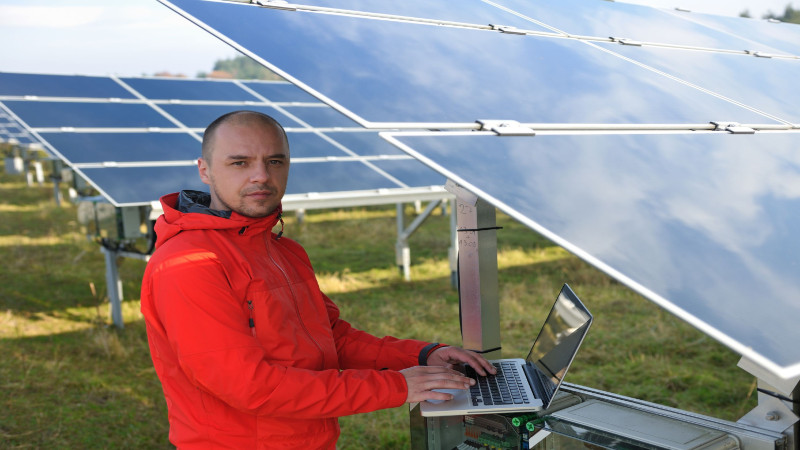Homeowners can save money and help the environment by contacting a Residential Solar System Contractor in Port Charlotte. When solar panels are installed on a home, a homeowner will be able to use the sun to power the home instead of using electricity from a utility company. If you’re interested in learning more about home solar panels, read the frequently asked questions below.
Q.) How do solar systems work to save a homeowner money and help the environment?
A.) Solar panels are installed on the roof of a home to capture sunlight. As the light particles hit the solar panels, the sunlight is transformed into a type of electricity called direct current. A device that inverts power then changes it to alternating current. After this conversion, the electricity is used in the home to power appliances, lights, and electronic devices. When a homeowner uses solar panels to generate electricity, the power that’s needed from an electric company is decreased.
Q,) Do solar panels still work when it’s cloudy or raining outside?
A.) Since solar panels use both direct and indirect light to power a home, they continue to work even when it’s a cloudy or rainy day. When the sun is shining brightly, the panels are working at the maximum capacity. When it’s cloudy, the panels are still collecting sunlight, but not as much as when it’s sunny outside.
Q.) What can a homeowner expect after contacting a company for solar panel installation?
A.) The first step to getting a solar system installed is having a consultation with a Residential Solar System Contractor in Port Charlotte. During this meeting, the homeowner and the representative from the company will discuss the solar needs required for the home. After obtaining the required permits, the company will design a layout for the solar panels and present it to the homeowner. After the company installs the solar panels on the roof, they’ll monitor the system to ensure the efficiency of its performance.
One Solar specializes in the design and installation of custom residential and commercial solar systems. To know more, visit Advance Solar.

